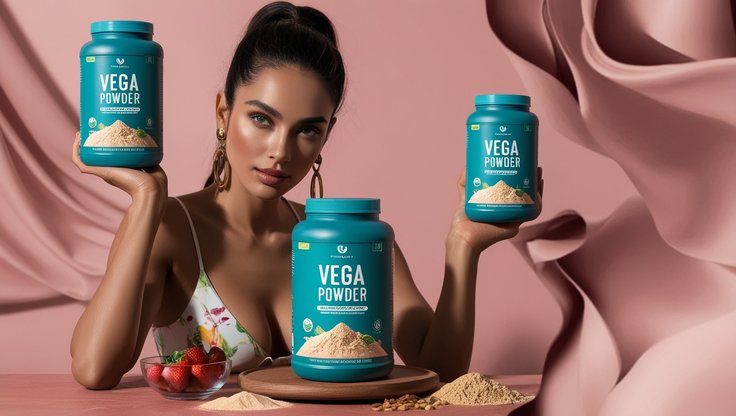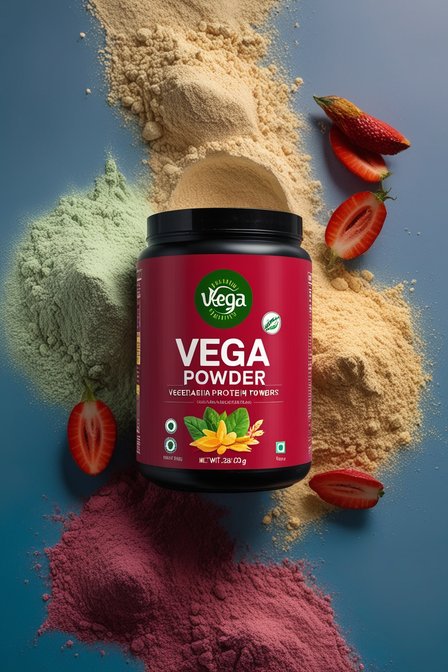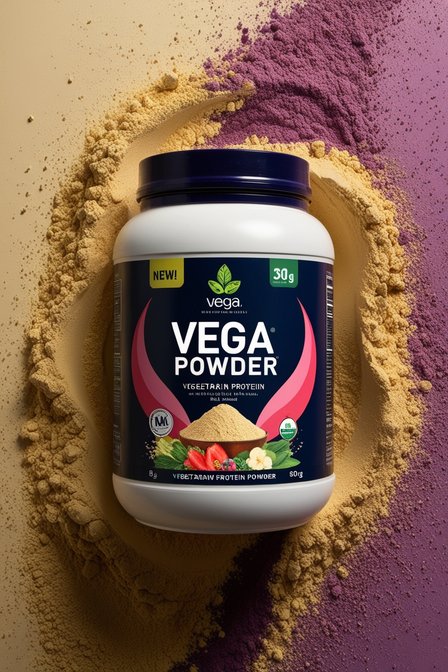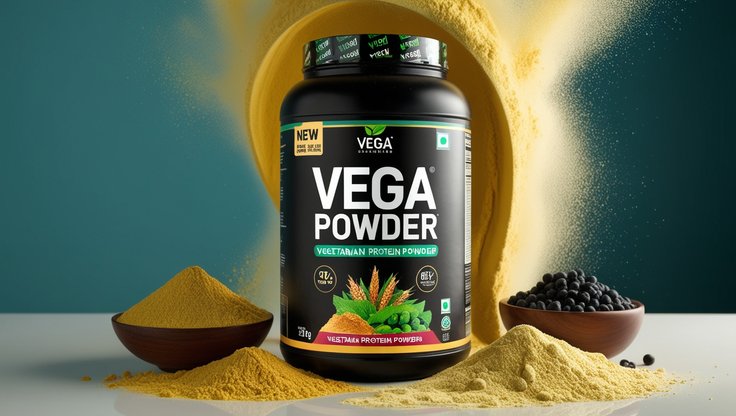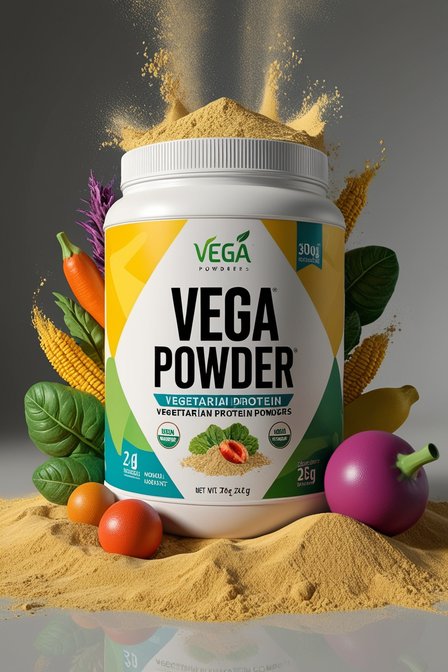High Vegan Protein Diet: A Comprehensive Guide
Introduction
A high-protein diet is essential for maintaining and building muscle, promoting satiety, and supporting overall health. For vegans, achieving a high-protein diet requires careful planning and a good understanding of plant-based protein sources. This guide explores the fundamentals of a high vegan protein diet, offering insights into the best sources of protein, tips for meal planning, and the benefits of maintaining such a diet.
Understanding Protein and Its Importance
Protein is a macronutrient composed of amino acids, which are the building blocks of muscles, tissues, and cells in the body. It plays a critical role in repairing and building tissues, producing enzymes and hormones, and supporting immune function. For vegans, obtaining sufficient protein can be challenging but not impossible with the right approach.
Key Plant-Based Protein Sources
Vegans can obtain protein from a variety of plant-based sources. Legumes, such as lentils, chickpeas, and black beans, are excellent protein sources. They are also rich in fiber, iron, and other essential nutrients. Soy products, including tofu, tempeh, and edamame, are not only high in protein but also versatile in cooking. Nuts and seeds, such as almonds, chia seeds, and hemp seeds, offer a convenient protein boost and are great for snacking or adding to meals.
Whole grains like quinoa, farro, and bulgur are also valuable protein sources. These grains provide a complete amino acid profile, making them especially beneficial for vegans. Additionally, vegetables like spinach, broccoli, and Brussels sprouts contain notable amounts of protein and should be included in a well-rounded vegan diet.
The Role of Protein Supplements
While whole foods should be the primary source of protein, vegan protein supplements can be useful, especially for those with higher protein needs or busy lifestyles. Pea protein, hemp protein, and brown rice protein are popular options that can easily be added to smoothies, oatmeal, or baked goods. Protein supplements ensure that vegans can meet their protein requirements even on the busiest of days.
Balancing Macronutrients
A high vegan protein diet should be well-balanced, including adequate amounts of carbohydrates and healthy fats. Carbohydrates from fruits, vegetables, and whole grains provide energy for workouts and daily activities. Healthy fats from avocados, nuts, seeds, and olive oil support brain function and hormone production. Balancing macronutrients ensures that the diet is sustainable and nourishing.
Meal Planning for Success
Effective meal planning is key to maintaining a high vegan protein diet. Start by identifying protein-rich foods that you enjoy and incorporating them into your daily meals. Breakfast can include a smoothie with pea protein powder, spinach, and almond butter. For lunch, a quinoa salad with chickpeas, vegetables, and tahini dressing is a nutrient-dense option. Dinner could feature a stir-fry with tofu, broccoli, and brown rice.
Snacks are an opportunity to add more protein to your diet. Consider hummus with raw vegetables, a handful of mixed nuts, or a chia seed pudding. Preparing meals in advance and having protein-rich snacks on hand can help you stay on track and avoid nutrient deficiencies.
Benefits of a High Vegan Protein Diet
Following a high vegan protein diet offers numerous benefits. It supports muscle growth and repair, making it ideal for athletes and individuals engaged in regular physical activity. The increased protein intake promotes satiety, which can aid in weight management and prevent overeating. Additionally, a well-planned vegan diet rich in protein can support cardiovascular health, improve digestion, and reduce the risk of chronic diseases.
Overcoming Common Challenges
Transitioning to a high vegan protein diet may come with challenges, such as finding suitable protein sources and dealing with social situations. Education and preparation are essential. Learning about different plant-based proteins and experimenting with new recipes can make the process enjoyable. When dining out or attending social events, researching vegan-friendly options beforehand or bringing your own dishes can help you stick to your dietary goals.
Sustainable Eating Practices
A high vegan protein diet can be environmentally sustainable. Plant-based diets typically have a lower carbon footprint compared to diets that include animal products. By choosing locally-sourced and organic plant foods, you can further reduce your environmental impact. Supporting sustainable agriculture and minimizing food waste are also important aspects of an eco-friendly diet.
The Role of Supplements and Nutrient Considerations
In addition to protein, vegans need to pay attention to other essential nutrients such as vitamin B12, iron, calcium, and omega-3 fatty acids. Vitamin B12 is crucial for nerve function and is not naturally found in plant foods, so supplementation is often necessary. Iron can be obtained from legumes, tofu, and leafy greens, but pairing these foods with vitamin C-rich fruits can enhance absorption.
Calcium is vital for bone health and can be sourced from fortified plant milks, tofu, and leafy greens. Omega-3 fatty acids, important for heart and brain health, can be found in flaxseeds, chia seeds, and walnuts. Considering a vegan DHA/EPA supplement derived from algae may also be beneficial.
Recipes to Boost Protein Intake
Incorporating high-protein recipes into your diet can make it easier to meet your protein goals. Breakfast ideas include overnight oats with chia seeds and almond butter or a tofu scramble with vegetables. Lunch could be a lentil soup with whole grain bread or a chickpea wrap with avocado and greens. For dinner, consider a tempeh stir-fry with quinoa or a black bean burger with sweet potato fries.
Experimenting with different spices and cooking methods can keep meals exciting and flavorful. Smoothies, energy bars, and homemade protein balls are excellent ways to add variety and ensure you enjoy your high-protein vegan diet.
Conclusion
A high vegan protein diet is achievable and offers a range of health benefits. By focusing on diverse plant-based protein sources, balancing macronutrients, and planning meals effectively, vegans can thrive on a protein-rich diet. Overcoming challenges and prioritizing sustainability can further enhance the experience. Embrace the journey of discovering delicious, protein-packed vegan foods and enjoy the positive impact on your health and well-being.
